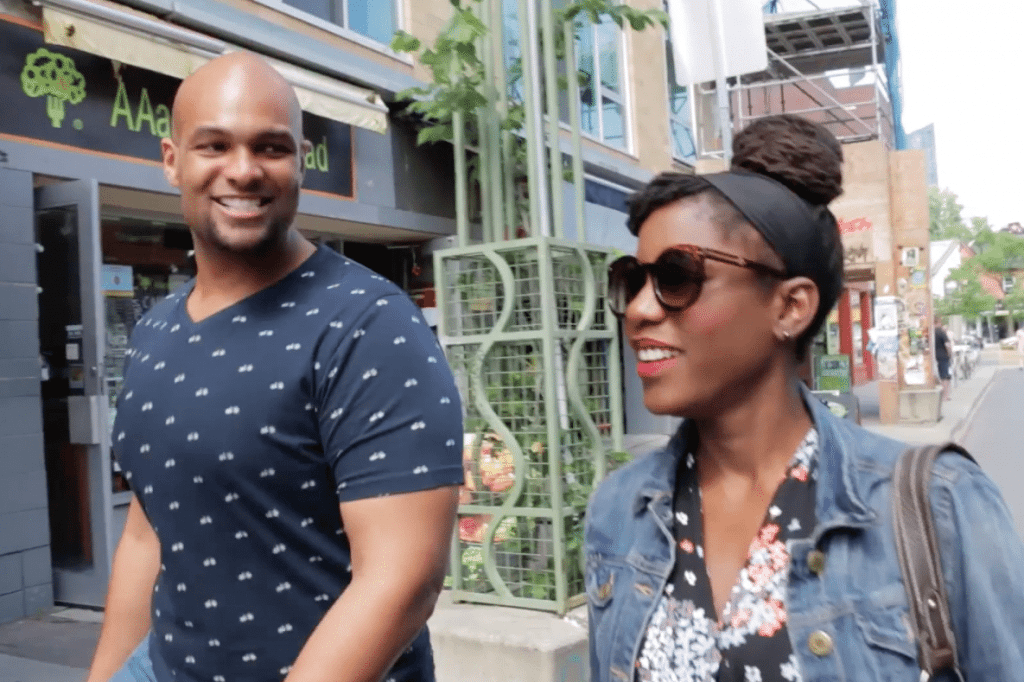Skift Take
New data suggest that black travelers make decisions based on safety and acceptance, but should black travelers have to pay more than their white counterparts for those benefits?
Black millennial travelers in the U.S. actively prioritize safety and acceptance during the travel booking process, and some will pay more for services targeted to their demographic, according to a new study. Others argue that paying more for black-friendly services amounts to a tax on black travelers.
According to the study, conducted by Harris Poll on behalf of marketing agency DigitasLBi, 80 percent of black millennial travelers say they are more likely to plan a trip somewhere they believe will be accepting of their race or ethnicity. Thirty-eight percent say that safety, as it relates to their race or ethnicity, is one of the most important factors when booking trip accommodations.
Current events show there are reasons for black travelers to prioritize safety and acceptance. The NAACP recently issued its first state-specific travel advisory for Missouri, due to discriminatory legislation as well as a history of police brutality. Also recently, confederate monuments — and the messages they send to tourists — have been hotly debated and removed in major tourist destinations like New Orleans.
Safety Changes the Booking Process
These issues are familiar to Kent Johnson, co-founder of black travel community and group tour operator Black & Abroad. The company recently launched a new trip to Johannesburg, South Africa and Johnson identified safety and anxiety as “key deciding factors” in selecting this destination.
Johnson said that since President Donald Trump’s victory in November 2016, “We’ve encountered a lot more questions around what places can I travel where I’ll be safe… It’s definitely on people’s minds and impacting the choices that they’re making as far as travel plans.” Yet Johnson also noted that Black & Abroad members are especially motivated to travel, so he rarely hears of someone actually canceling a trip due to safety concerns.
Ernest White II, who hosts the TV show Fly Brother on the Dream Network and leads a limited number of small group trips, said that selecting those group trip destinations, including India, is based more on his positive experiences rather than fears about safety.
The black travel movement is dominated by millennial women — leading black travel community Nomadness Travel Tribe is approaching 90 percent female — and they prioritize safety even more than their male counterparts. According to the study, 43 percent of black female millennial travelers say safety is a primary factor when booking accommodations, compared to 31 percent of black male millennial travelers.
Discrimination on Airbnb Has a Lasting Effect
According to the study, 24 percent of black millennial travelers have experienced racial discrimination while booking travel, and 29 percent have experienced racial discrimination in the past two years while traveling.
Discrimination during the booking process has been especially problematic on alternative accommodations platforms such as Airbnb, where black travelers have been denied bookings and experienced harassment. The hashtag #AirbnbWhileBlack trended sharply on social media in 2016. In response to this situation, Airbnb created a new non-discrimination policy and pushed their instant booking feature. With instant booking, a traveler can book a room right away, instead of submitting a request and being evaluated and possibly rejected by the host.
White said that he has personally experienced discrimination on the Airbnb and Couchsurfing platforms, but not on more traditional channels such as Booking.com.
“For people who don’t experience these things, it’s very easy to brush off bigotry and discrimination as coincidence,” he said. “I do believe that subsequently there have been efforts made to rectify that particular situation.”
A Tax on Black Travelers?
The study, which surveyed 1,011 black travelers in the U.S. between the ages of 20 and 36, also found that black millennial travelers respond positively to messages targeted to their demographic, and some are willing to pay more as a result.
Seventy-two percent of black millennial travelers say that when a brand acknowledges their racial or ethnic identity, it makes them want to book with that brand. Fifty-six percent would pay more if messaging were more relevant to their personal identity, and of those, 47 percent said they would pay $100–199 more for accommodations per night and 22 percent would pay $200–299 more per night.
White, the TV show host and trip leader, said he would not pay more to avoid discrimination during the travel booking process or the trip itself.
“I don’t feel like I should have to pay more to be accommodated in a space that is open to the general public,” he said. “It would be a tax on my skin color.”
White added: “I don’t believe in the commodification of safety.”
The Daily Newsletter
Our daily coverage of the global travel industry. Written by editors and analysts from across Skift’s brands.
Have a confidential tip for Skift? Get in touch
Tags: black travel movement, discrimination, safety, tourism
Photo credit: A still from a promo video for the Fly Brother TV show featuring host Ernest White II (left). White says he would not pay more to avoid discrimination while traveling. Fly Brother
